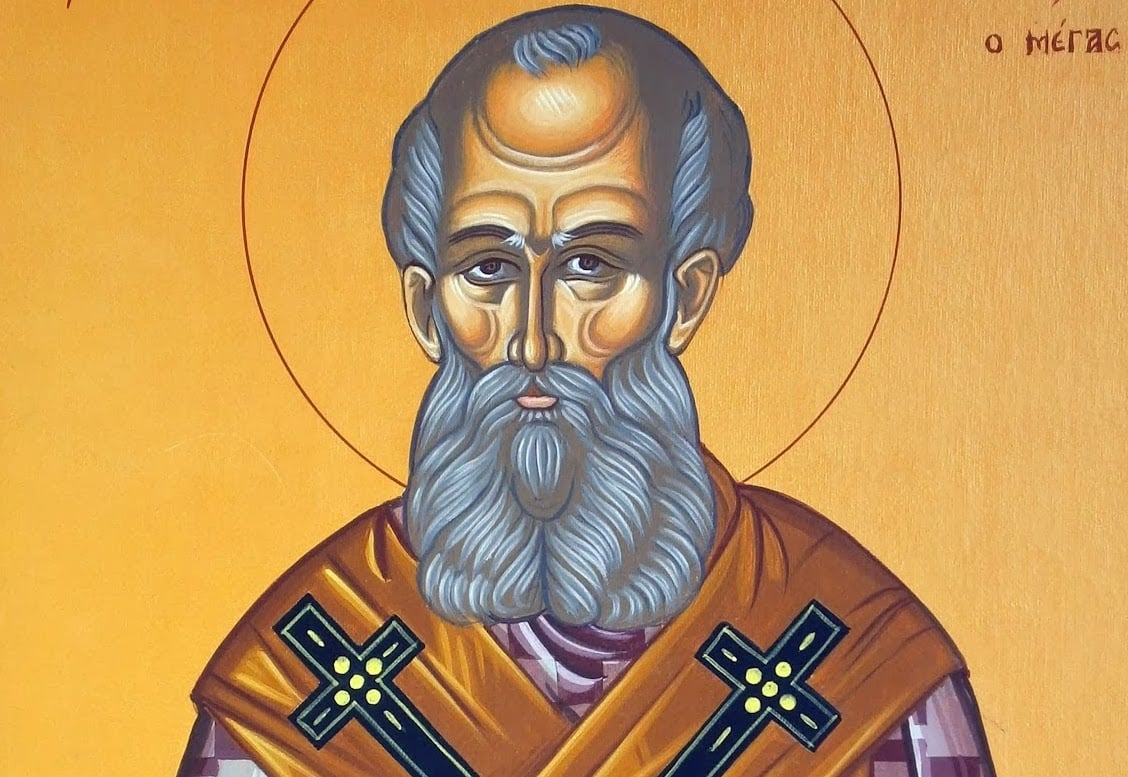Originally published May 26, 2023
During my early training as a pastor and theologian, many of my mentors warned me that emulating the exegetical method of the Church Fathers is a dangerous game. The concerns were typically twofold. First, there is the concern that the Church Fathers were forerunners to Roman Catholicism, and so their exegetical method and theological conclusions are inherently opposed to the tenets of the Protestant Reformation. Secondly, they are concerned about the so-called “allegorical” elements of patristic exegesis, which are seen as dangerously unbound from the biblical text, enabling the interpreter to make Scripture say whatever he or she wants it to say.
Login to read more
Sign in or create a free account to access Subscriber-only content.
